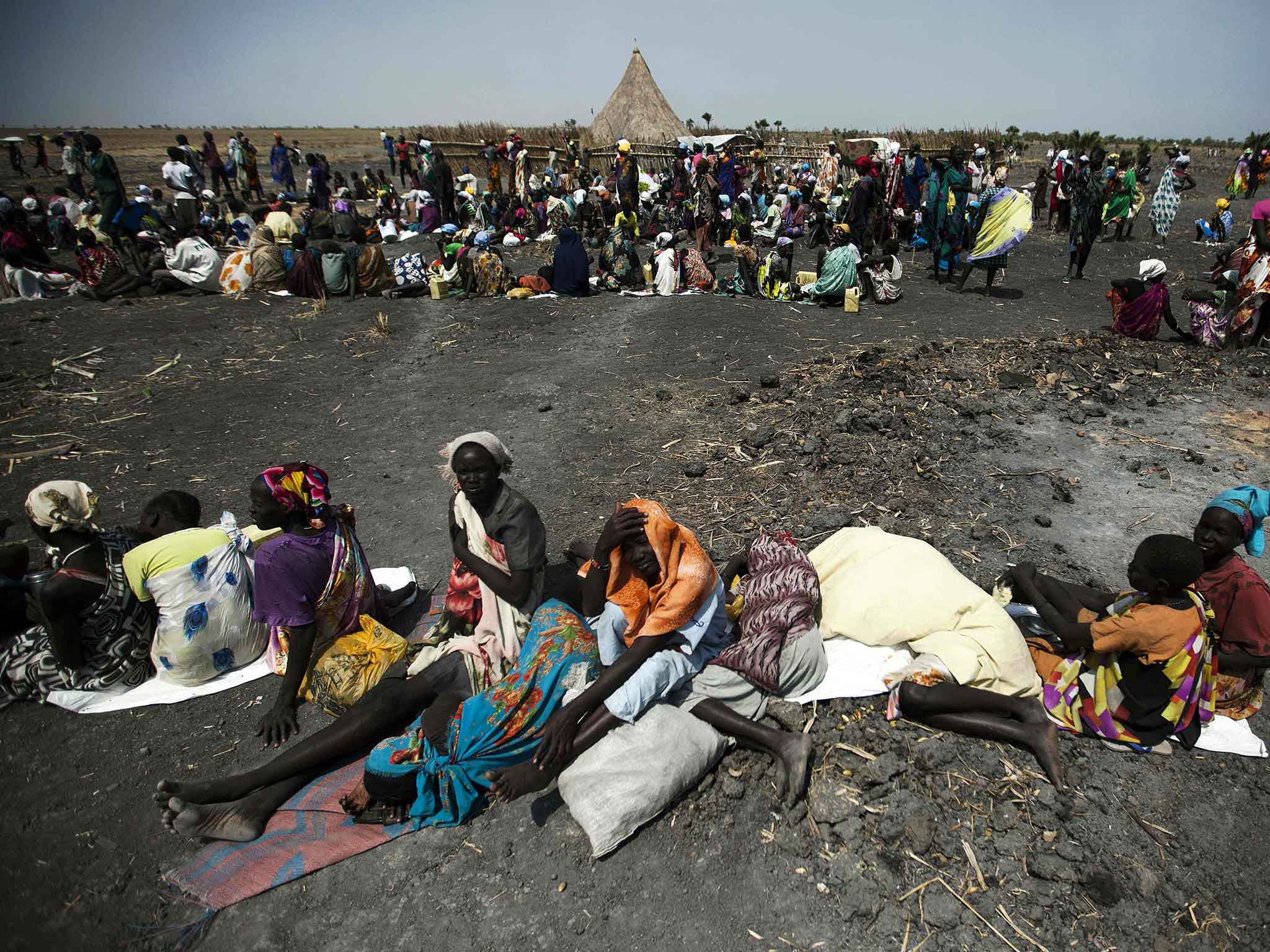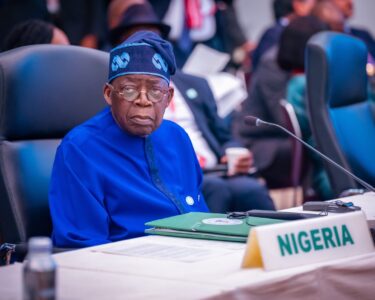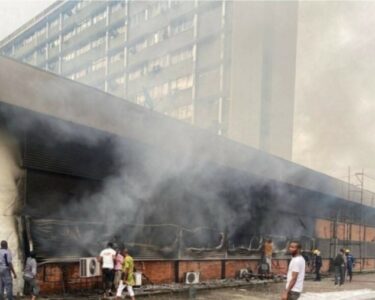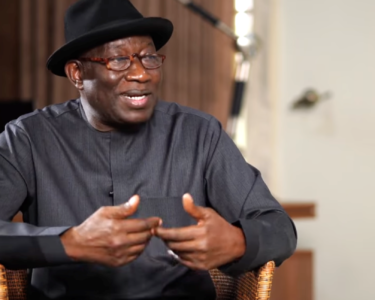- Summary
- Vast sums allegedly went to off-budget road scheme
- Firms linked to vice president benefited, report says
- More than $23 billion generated from oil exports since 2011
- Government rejects findings as based on faulty data
NAIROBI, Sept 16 (AfrikTimes) – U.N. investigators on Tuesday accused South Sudanese authorities of plundering the country’s wealth, including $1.7 billion paid to companies linked to Vice President Benjamin Bol Mel for road construction projects that were never completed.
The payments, made between 2021 and 2024, were cited as part of widespread “grand corruption” in the impoverished nation, according to a report by the U.N. Commission on Human Rights in South Sudan, where average gross domestic product per capita is now a quarter of what it was at independence in 2011.
“The country has been captured by a predatory elite that has institutionalized the systematic looting of the nation’s wealth for private gain,” said the commission, which was created in 2016 by the U.N. Human Rights Council.
The report cites an annual budget allocation to the president’s medical unit that exceeded health spending across the entire country.
 Large portions of South Sudan are at risk of severe hunger, according to the Integrated Phase Classification April-July projection. Source: ipcinfo.org
Large portions of South Sudan are at risk of severe hunger, according to the Integrated Phase Classification April-July projection. Source: ipcinfo.org
In an official written response sent to the U.N. commission, Justice Minister Joseph Geng said the report was based on figures that do not match the government’s own data and attributed South Sudan’s economic problems to conflict, climate change and falling sales of its chief export, crude oil.
A spokesperson for Bol Mel declined to comment.
CONFLICT HAS RAGED SINCE INDEPENDENCE
Since gaining independence in 2011, South Sudan has experienced repeated bouts of armed conflict, including a civil war from 2013 to 2018 that killed an estimated 400,000 people. Last week, the government charged First Vice President Riek Machar—whose forces opposed soldiers loyal to President Salva Kiir during the civil war—with crimes against humanity, escalating a feud that has fueled fighting in recent months.
The country is also facing steep cuts to foreign humanitarian aid. However, the U.N. report said corruption is the primary driver of South Sudan’s sustained economic and humanitarian crises, with nearly two-thirds of its 12 million people experiencing crisis-level hunger or worse.
The commission based its findings on 173 targeted meetings and interviews conducted from late 2022 to late 2024, as well as government documentation and financial data. It said the focus on corruption is justified because graft has weakened the government’s ability to meet human rights obligations and has directly fueled armed violence.
 Chairperson of the UN Commission on Human Rights in South Sudan, Yasmin Sooka, speaks during the release of a report on corruption in South Sudan titled ‘Plundering a Nation’, in Nairobi, Kenya, September 16, 2025.
Chairperson of the UN Commission on Human Rights in South Sudan, Yasmin Sooka, speaks during the release of a report on corruption in South Sudan titled ‘Plundering a Nation’, in Nairobi, Kenya, September 16, 2025.
“Locked in a zero-sum competition for power and control of resources and territory, South Sudan’s elites continue to pursue partisan political ends, mobilising and exploiting ethnic differences and tensions,” the report said.
The 101-page U.N. report highlights companies linked to Vice President Benjamin Bol Mel, whom President Salva Kiir elevated to one of South Sudan’s five vice-presidential positions in February.
The U.S. government sanctioned Bol Mel and two companies it said were associated with him in 2017, saying one of the firms had allegedly received preferential treatment from high-level government officials to do road work in the country. The U.S. sanctioned two more of his companies in 2021. After the 2017 sanctions were announced, South Sudan’s government denied the U.S. characterisation of Bol Mel as Kiir’s personal financial adviser and said the decision to blacklist him was based on misleading information.
South Sudanese officials have been asking U.S. President Donald Trump’s administration to lift those sanctions during recent bilateral discussions, Joseph Szlavik, a lobbyist working for Juba in Washington, told reporters last month. Those conversations have also touched on sending more U.S. deportees to South Sudan following the arrival in July of eight men, including seven from third countries, Szlavik said. The U.S. State Department told reporters it does not provide details on private diplomatic communications, but called on Juba to “begin using public revenue to address the public need of the people of South Sudan rather than rely on international assistance”.
According to the U.N. report, South Sudan’s government disbursed an estimated $2.2 billion from 2021 to 2024 to companies affiliated with Bol Mel through its off-budget “Oil for Roads” programme. In some years, this programme consumed around 60% of all government disbursements, the report said.
Despite the outlays, the companies affiliated with Bol Mel completed less than $500 million worth of driveable roads, inflating the value of construction contracts by overstating the length of the roads, overcharging relative to industry standards and building fewer lanes than agreed, the report said. The report did not specify how the companies are affiliated with Bol Mel, but two of the three that it cited by name were those sanctioned by the U.S. in 2021. Bol Mel has never publicly responded to the accusations against him.
 South Sudan’s Vice President Benjamin Bol Mel attends the burial of General David Majur Dak, the commander of the South Sudan People?s Defense Force (SSPDF) who was killed when a United Nations helicopter trying to evacuate people from Nasir came under attack by the White Army militia, at the Heroes Cemetery at Simba Grounds in Juba, South Sudan March 19, 2025.
South Sudan’s Vice President Benjamin Bol Mel attends the burial of General David Majur Dak, the commander of the South Sudan People?s Defense Force (SSPDF) who was killed when a United Nations helicopter trying to evacuate people from Nasir came under attack by the White Army militia, at the Heroes Cemetery at Simba Grounds in Juba, South Sudan March 19, 2025.
In his response, Justice Minister Geng dismissed the allegations about road spending, saying sums cited in the report were “absurdly high” given South Sudan’s economic realities. He pointed to anti-corruption legislation enacted before independence and in July 2024 as proof of the government’s “serious commitment and will to combat corrupt practices”.
PUBLIC SPENDING DOES NOT MEET PUBLIC NEEDS
More broadly, the report said public spending priorities did not reflect the government’s obligations to its citizens. Little of the more than $23 billion raised from oil exports since independence has gone to address pressing needs like education, healthcare and food security, it said. For example, in the 2022-2023 national budget, more money was allocated to the Presidential Medical Unit than to the community, public, secondary and tertiary public healthcare systems across the entire country, it said. The government’s response did not specifically respond to this point, but said it was working to promote the well-being of its citizens. The minister of presidential affairs did not respond to a request for comment.
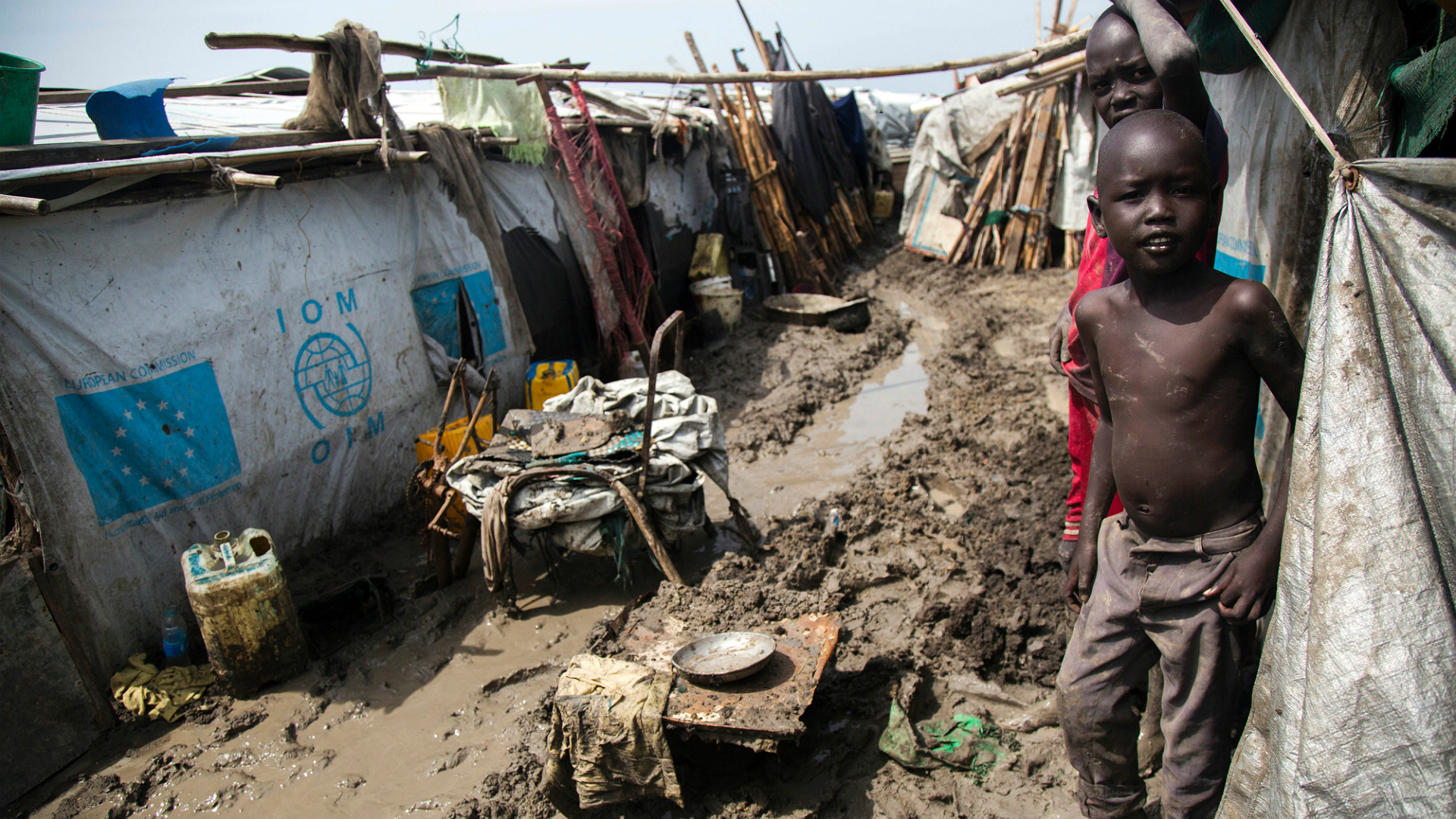 Over a third of South Sudanese face starvation as the war-torn nation runs the risk of a full-blown famine, the UN and government said.
Over a third of South Sudanese face starvation as the war-torn nation runs the risk of a full-blown famine, the UN and government said.


